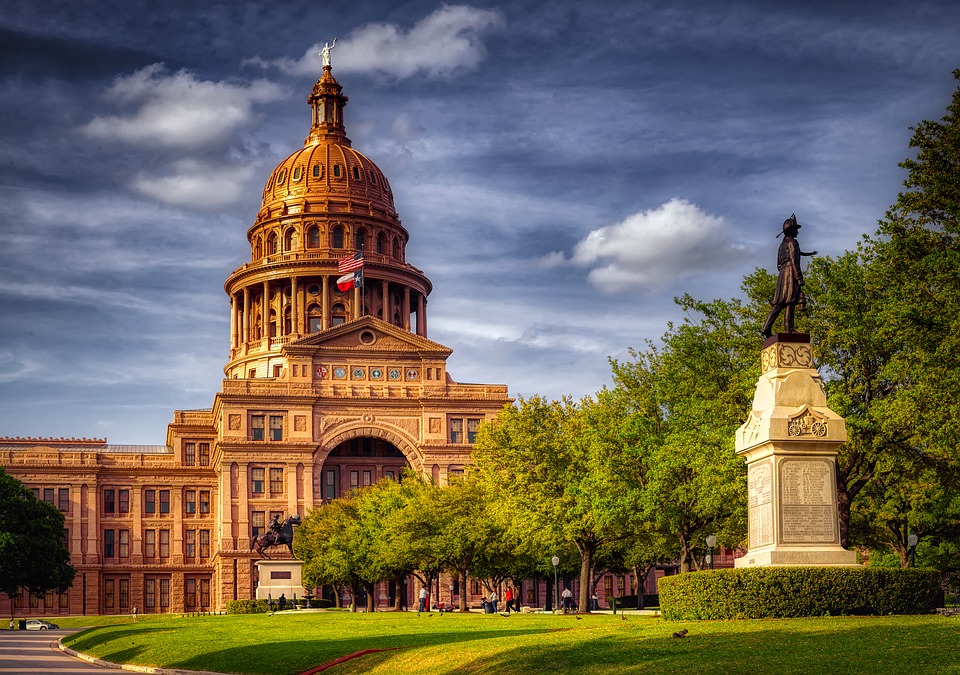 HB 3, currently under consideration by the House of Representatives, is an item of serious concern for all Texans. In its current form, this bill grants sweeping new pandemic emergency authority to the governor and creates narrow and nearly meaningless liability protection for Texas businesses.
HB 3, currently under consideration by the House of Representatives, is an item of serious concern for all Texans. In its current form, this bill grants sweeping new pandemic emergency authority to the governor and creates narrow and nearly meaningless liability protection for Texas businesses.
Sweeping Executive Power
One of the many lessons we have learned during the spread of COVID-19 is that governments at all levels can wield too much power over the lives of people simply by declaring an emergency. The legislature should be curtailing rather than broadening emergency powers vested in the office of the governor.
Specifically, HB 3 would allow the governor to make long-term emergency declarations that carry the force and effect of law. The governor’s emergency power would include the ability to commandeer private property, control movement in declared disaster areas (which could include the entire state), and declare martial law.
In short, this bill would allow a Texas governor to create a virtual police state based solely upon his or her pandemic disaster declaration with no meaningful legislative oversight.
While the bill stipulates that the legislature “by law may terminate a state of pandemic disaster at any time” there is no mechanism for the legislature to do so when it is not in session. The legislature spends the vast majority of time out of session with no recognized authority to call itself into session. Will a governor whose declaration is in need of termination call the legislature into session to do the job? It seems unlikely.
Furthermore, while HB 3’s supporters will point out that it does not “grant the governor authority to enact law” the bill specifically stipulates that “An executive order, proclamation, or rule issued by the governor under this chapter has the force and effect of law.” This distinction without a difference is a clear violation of the separation of powers and sets a dangerous precedent.
Inadequate Civil Liability Protection
HB 3 purports to create civil liability protections for businesses operating during a pandemic. However, the protections are only available to businesses which comply with rules, regulations, and recommendations of a variety of governing bodies within and outside of Texas. Liability protection would be contingent on businesses complying with constantly changing guidelines. This renders the protections essentially meaningless.
No business could freely operate without fear of civil liability under the provisions of this bill and many would close their doors rather than be subject to the liability this bill would create. While hamstringing private business with unnecessary civil liability, this bill provides strong civil liability protections for public sector actors. This framework is entirely backward.
Executive Power Must Be Limited
For about a year now we have witnessed massive infringement of individual liberty based on the use of emergency power at all levels of government. This has resulted in wholesale economic devastation, including the permanent closure of countless businesses, loss of millions of jobs, the total ruination of livelihoods, and a consolidation of power at all levels of government.
In addition to economic devastation, the broad use of emergency power has massively damaged mental health for millions of people, especially children who have suffered through the isolation imposed by lockdowns and social distancing protocols. The impact on children has been further exacerbated by shuttering schools and stunting their education. These unacceptable outcomes would only be made worse if the mighty powers proposed by HB 3 were actually put to use.
Texans are a people with a government, not the other way around. The people of Texas are citizens, not subjects suitable for rule by executive decree.
Legislators would do well to restore the proper balance of power by curtailing and clearly defining the governor’s emergency powers and by making them effective for only a short duration. Any emergency action beyond a few days time must be enacted by the legislature or be rendered invalid and unenforceable.
While HB 3 does have some beneficial provisions, including Second Amendment and religious liberty protections, these are not enough to outweigh the onerous expansion of executive power this bill would enact.
For these reasons, we oppose HB 3 in its current form and encourage legislators to do the same.
